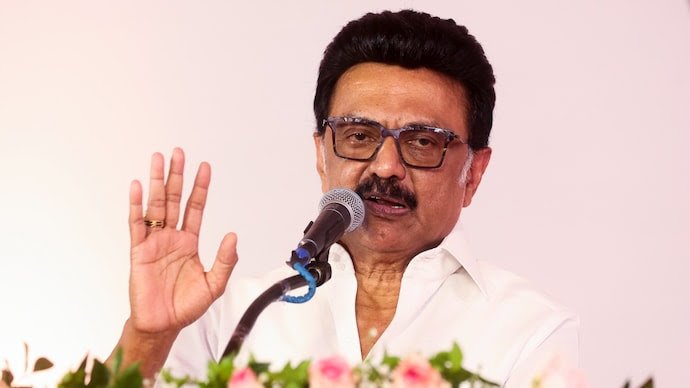Tamil Nadu shelves proposed Bill to ban Hindi hoardings and songs after backlash

CHENNAI :
The Tamil Nadu government on Tuesday decided to withhold the introduction of a controversial Bill that sought to prohibit the public display or promotion of Hindi-language content, following widespread criticism from opposition parties, legal experts, and civil society organisations.
According to sources, the draft legislation, which proposed to ban Hindi titles in films, Hindi songs, and advertising hoardings in the State, was scheduled to be tabled in the Assembly earlier in the day. The move, aimed at countering what the ruling Dravida Munnetra Kazhagam (DMK) described as the “imposition of Hindi,” drew sharp political and legal objections even before it could be introduced.
A senior DMK leader confirmed that Chief Minister M.K. Stalin had instructed officials to “re-examine the constitutional implications” of the draft. “We are not against any language. Our stand is against the imposition of Hindi over Tamil. We will act only within the framework of the Constitution,” the leader said.
The Bharatiya Janata Party (BJP) strongly criticised the proposal, terming it “ill-conceived and unconstitutional.” BJP leaders accused the DMK government of attempting to divert attention from governance challenges and industrial issues, including the recent Foxconn controversy.
Legal experts had also cautioned that the draft Bill, if enacted, could violate fundamental rights relating to freedom of expression and equality before the law. They noted that language regulation falls within a complex framework of both State and Union jurisdiction.
Tamil Nadu has a long history of resisting Hindi imposition, a sentiment that has shaped its linguistic and political identity since the anti-Hindi agitations of the 1930s and 1960s. The latest controversy comes months after the State government replaced the national rupee symbol “₹” with its Tamil equivalent “ரூ” in official documents, a move that also sparked debate.
Government sources indicated that the proposed Bill may be revised to ensure compliance with constitutional provisions, though it remains unclear when or whether it will be reintroduced.
For now, the decision to defer the legislation has eased tensions, even as the debate over language policy and cultural autonomy continues to resonate across Tamil Nadu’s political landscape.






